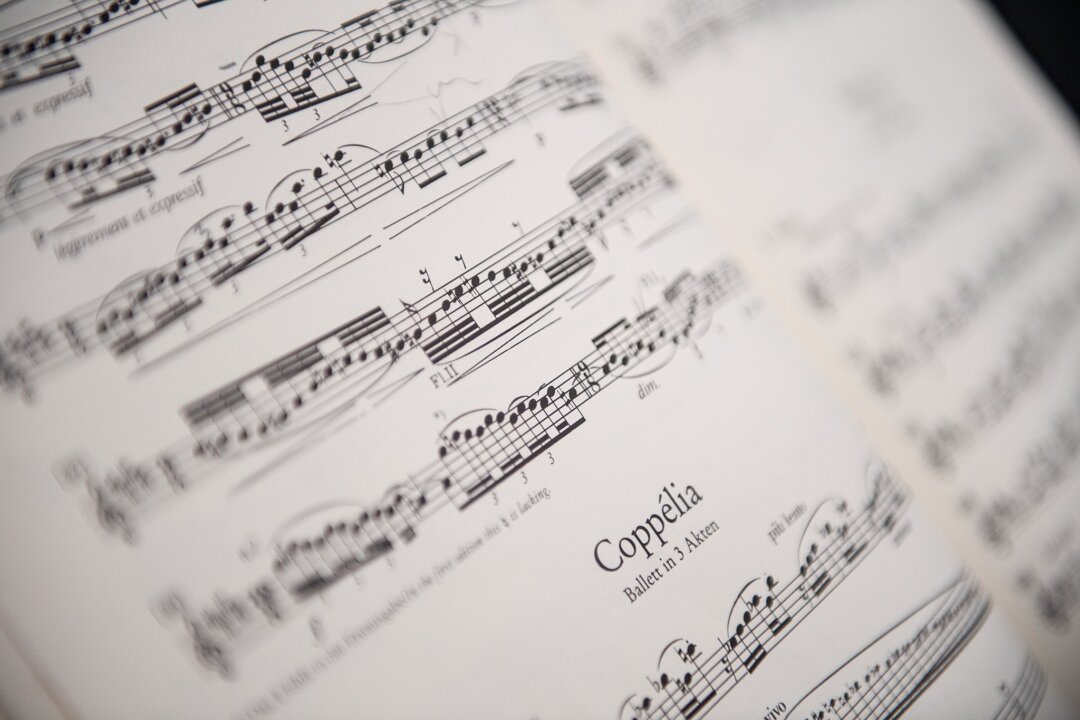There are many cities in Europe with a rich musical culture and a vibrant music scene. Europe has been the birthing group for some of the greatest music created in modern human history, ranging from modern pop such as the Beatles to symphonic and classical masters such as Bach, Mozart, and Beethoven. No matter where you are in Europe, there is a striking story of music that permeates through the culture.
Some cities that are particularly known for their musical culture include:
Berlin, Germany
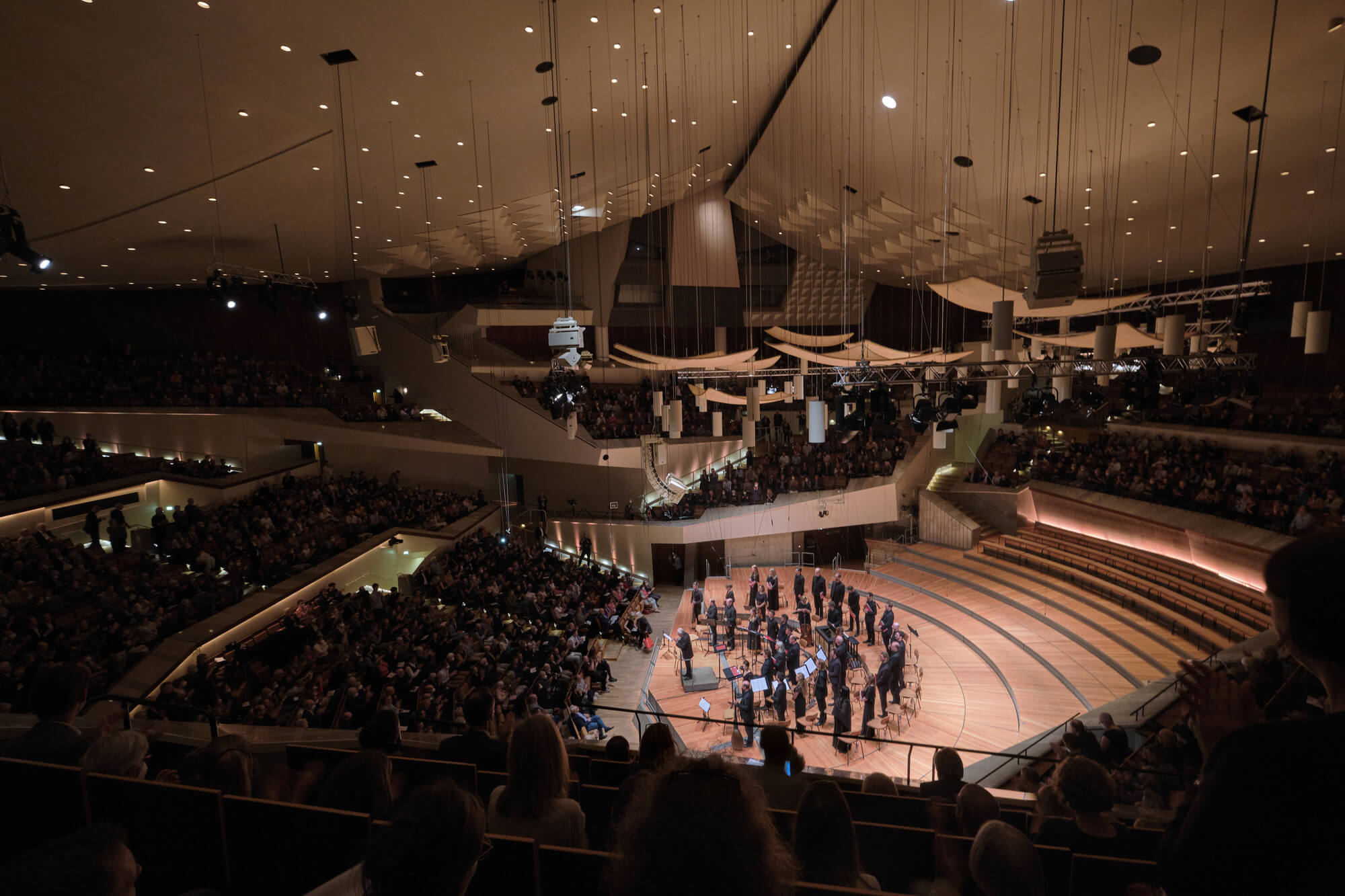
Berlin has a long history of musical innovation and is home to a diverse range of music styles, from electronic and techno to jazz and classical. It is also home to many world-renowned music festivals and venues, such as the Berlin Philharmonic and the Berlin Music Festival.
Berlin has a rich and varied music history, with influences ranging from classical to electronic and everything in between.
Classical music has been a part of Berlin’s history for centuries, with the city being home to many famous composers and musicians. In the 18th and 19th centuries, Berlin was an important center for classical music, with composers such as Johann Sebastian Bach, Ludwig van Beethoven, and Franz Schubert all having lived and worked in the city. The Berlin Philharmonic Orchestra, founded in 1882, is one of the world’s most renowned classical music ensembles and has played a major role in the city’s classical music scene.
In the 20th century, Berlin also became a hub for popular music, with a thriving jazz scene in the 1920s and 1930s. After World War II, the city became divided into East and West Berlin, and each side developed its own distinct music scene. In West Berlin, rock and pop music became popular, with bands such as the Rolling Stones and the Beatles performing in the city. In East Berlin, the government promoted traditional German folk music and classical music, but underground punk and electronic music scenes also emerged.
In the 1980s and 1990s, Berlin became a center for electronic music, with the development of genres such as techno and house. The city’s underground club scene and its famous clubs, such as the Berghain and Tresor, have played a major role in the global spread of electronic music.
Today, Berlin continues to be a diverse and vibrant center for music, with a rich variety of genres and styles being represented in the city’s music scene.
London, England
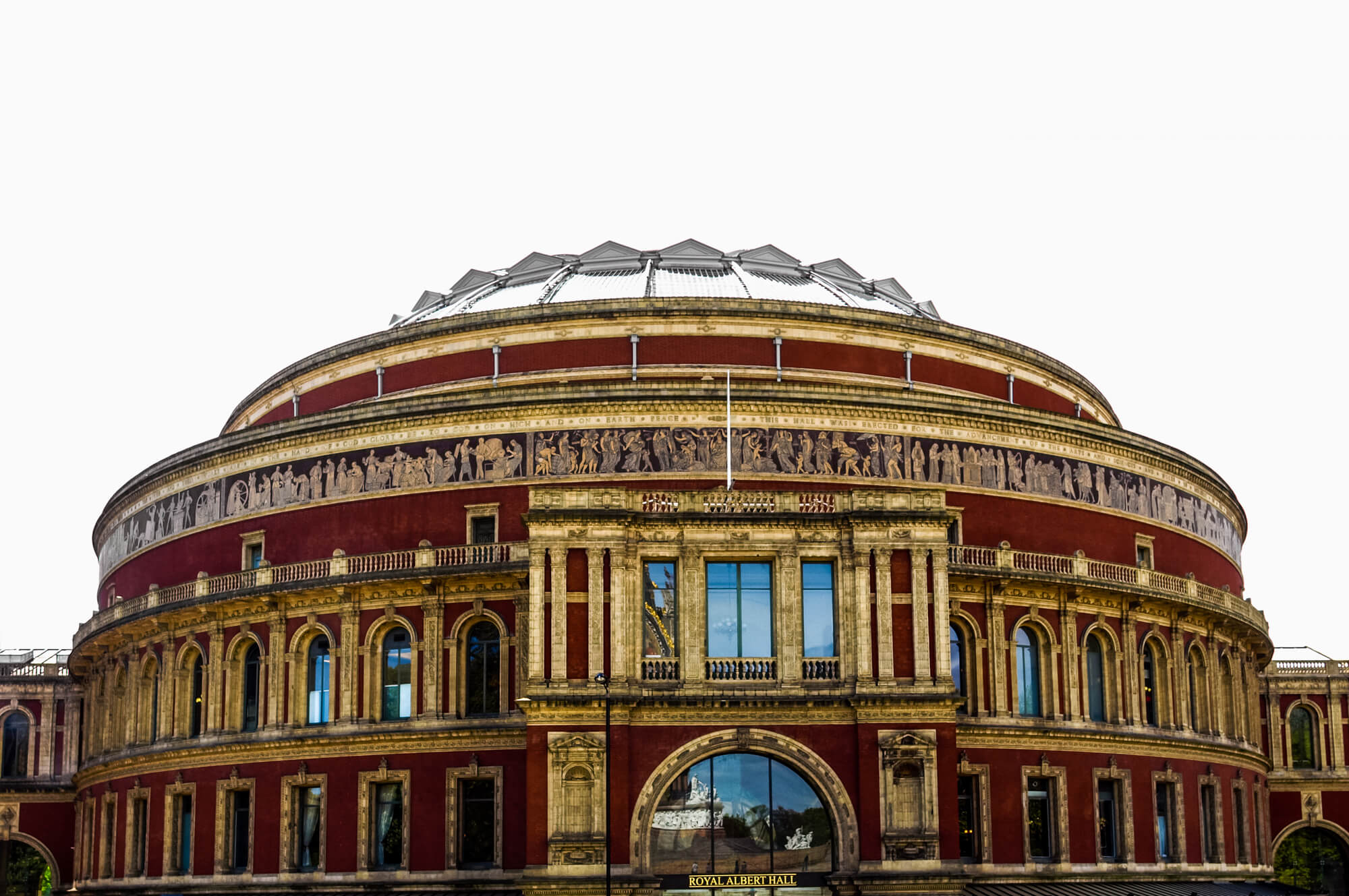
Royal Albert Hall concert room in London, UK
London is a global music hub and is home to a wide variety of music styles, from rock and pop to classical and jazz. It is home to many iconic music venues, such as the Royal Albert Hall and the O2 Arena, as well as a thriving live music scene in its clubs and pubs.
London has a rich and varied music history, with a number of influential artists and genres emerging from the city over the years.
One of the earliest and most influential movements to emerge from London was the British Invasion of the 1960s, which saw a wave of British rock and pop bands, many of whom hailed from London, achieve widespread success in the United States. The Beatles, The Rolling Stones, The Kinks, and The Who are just a few of the iconic bands that emerged from London during this time and went on to become household names around the world.
London was also home to the emergence of punk rock in the 1970s, with bands like The Sex Pistols, The Clash, and The Damned all forming in the city and helping to define the genre. The city also played host to the emergence of Britpop in the 1990s, with bands like Oasis, Blur, and Pulp all hailing from London and achieving widespread success.
In more recent years, London has continued to be a hotbed of musical talent, with a wide range of genres being represented. Hip hop and grime, in particular, have had a significant presence in the city, with artists like Stormzy, Skepta, and Dizzee Rascal all achieving international acclaim. London is also home to a thriving electronic music scene, with many internationally renowned DJs and producers hailing from the city.
Overall, London’s music scene is diverse and constantly evolving, with new artists and genres emerging all the time.
Paris, France
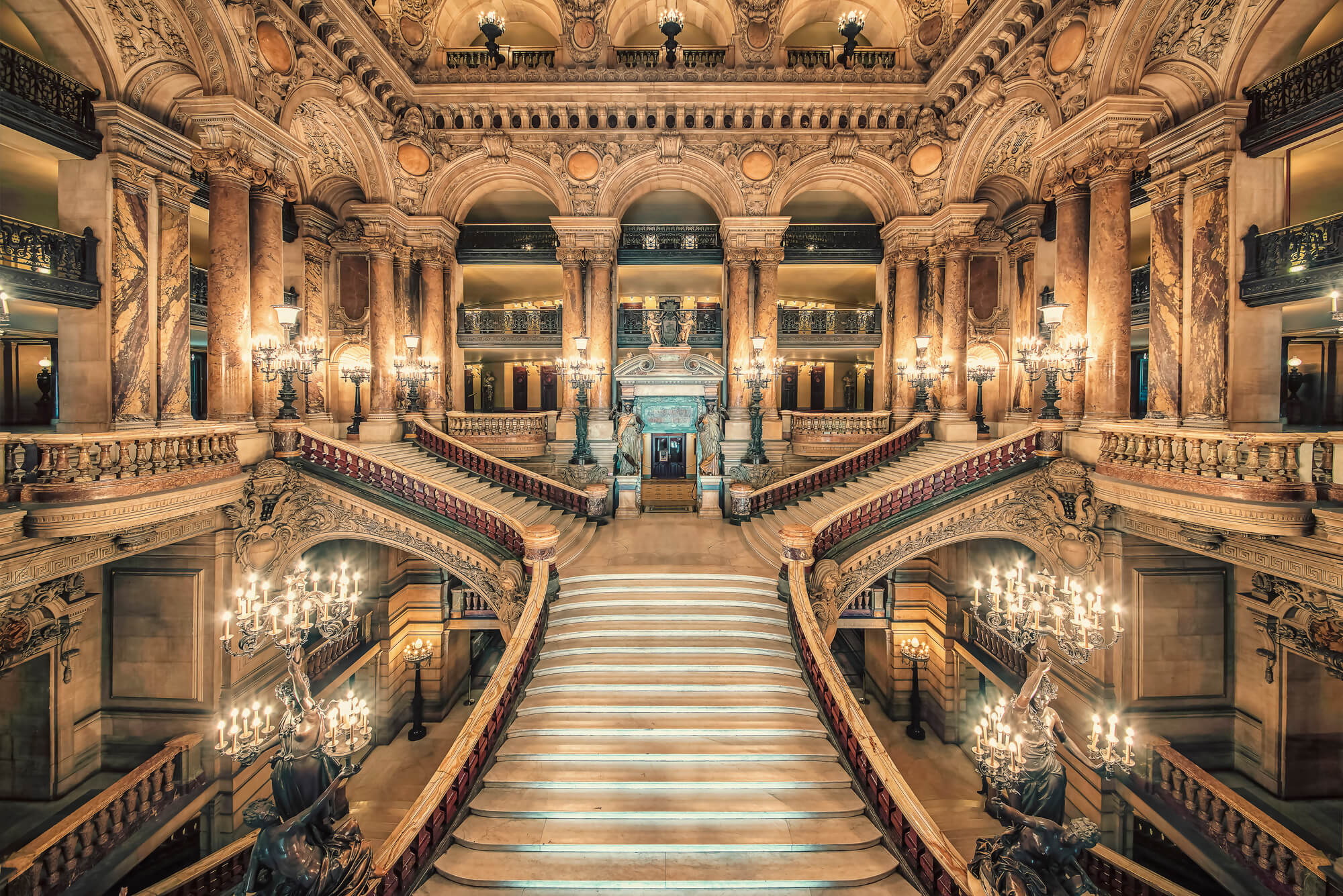
Paris has a long history of musical innovation and is home to a diverse range of music styles, from electronic and techno to jazz and classical. It is also home to many world-renowned music festivals and venues, such as the Louvre and the Paris Opera.
Paris has a rich and diverse music history, with a variety of different styles and genres having emerged and flourished in the city over the years.
One of the earliest and most influential forms of music to emerge from Paris was chanson, a genre of French folk music that dates back to the Middle Ages. Chanson remained popular throughout the centuries, and was particularly popular in the 19th and early 20th centuries, with artists such as Edith Piaf and Charles Trenet becoming well-known for their chanson performances.
Paris was also home to a thriving jazz scene in the 1920s and 1930s, with many notable jazz clubs and venues located in the city. Some of the most famous jazz musicians of the time, such as Django Reinhardt and Josephine Baker, performed and recorded in Paris.
In the 1950s and 1960s, Paris became a hub for the emerging genre of yé-yé, a style of pop music that was popular with young people in France and other parts of Europe. Yé-yé was influenced by American rock and roll and featured catchy, upbeat melodies and simple, danceable rhythms. Artists such as France Gall and Johnny Hallyday became major stars of the yé-yé scene.
Paris has also been home to a thriving electronic music scene, with many notable DJs and producers based in the city. In recent years, Paris has also become a hub for hip hop and rap music, with a number of French artists achieving international success in these genres.
Rome, Italy
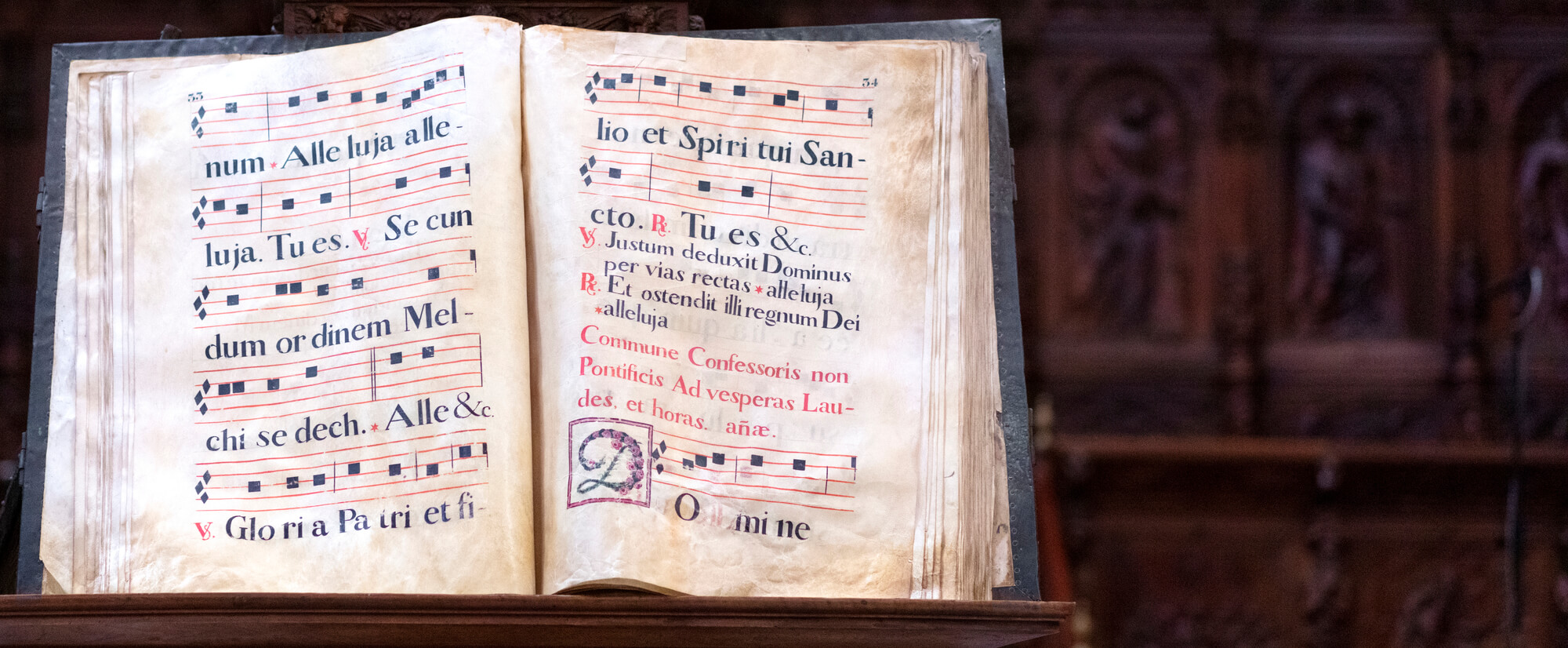
Old gregorian chant book with letters decorated on parchment to sing in the choir – Rome
The music history of Rome spans several centuries and encompasses a wide variety of musical styles and traditions. Rome has a rich and varied musical heritage that has been influenced by many different cultures and historical periods.
During the ancient Roman period, music played an important role in the lives of the people. Music was used in religious ceremonies, public events, and private gatherings, and it was an important part of Roman culture and society. Ancient Roman music was primarily vocal, with a focus on choral singing and the use of instruments such as the lyre and the harp.
During the Middle Ages, Rome was a center of musical activity, and it was home to a number of important musical traditions, including Gregorian chant, which was developed by the Roman Catholic Church. The city was also home to a number of important composers and musicians, including Giovanni Pierluigi da Palestrina, who is considered one of the greatest composers of the Renaissance.
In the modern era, Rome has continued to be an important center for music, and it has a thriving contemporary music scene that includes a wide range of genres and styles. The city is home to a number of world-class concert halls and music festivals, and it is an important hub for classical, jazz, and popular music.
Overall, the music history of Rome is a rich and diverse one that reflects the city’s unique cultural and historical identity.
Barcelona, Spain
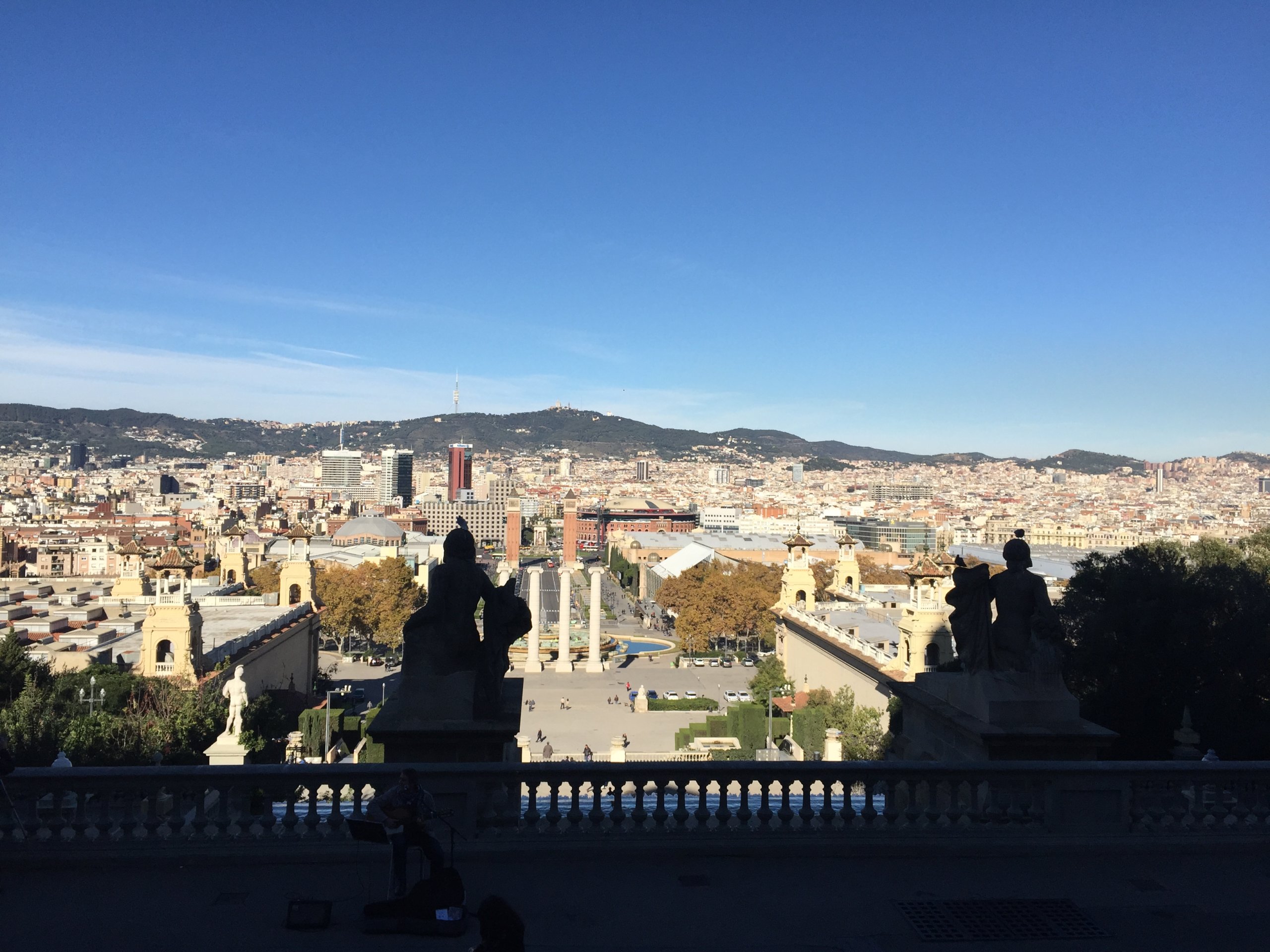
Barcelona is known for its lively music scene and is home to a wide variety of music styles, including flamenco, jazz, and electronic. It is also home to many world-renowned music festivals and venues, such as the Barcelona Jazz Festival and the Palau de la Música Catalana.
Barcelona has a rich history of music, with a variety of different styles and genres that have emerged over the years. The city has a vibrant cultural scene and has long been a hub for artistic expression, which has contributed to the development of a diverse and dynamic music scene.
One of the earliest and most influential styles of music to emerge in Barcelona was flamenco, which has its roots in Andalusia but has a strong presence in the city. Flamenco is a traditional style of music and dance that originated in the southern region of Spain and is characterized by its intricate guitar work, passionate singing, and expressive dancing.
Other popular styles of music that have emerged in Barcelona include salsa, reggaeton, and electronic dance music (EDM). These genres have gained widespread popularity in recent years and have helped to shape the city’s contemporary music scene.
Barcelona is also home to a thriving jazz scene, with numerous clubs and venues that host live music performances. The city has a long tradition of hosting international jazz festivals, including the Barcelona Jazz Festival, which is one of the largest and most prestigious jazz festivals in Europe.
In addition to these styles, Barcelona has a rich history of classical music, with numerous orchestras and opera companies performing in the city. The city is home to the Gran Teatre del Liceu, one of the world’s leading opera houses, and the Barcelona Symphony Orchestra, which is one of the most respected classical music ensembles in Spain.
Overall, the music scene in Barcelona is diverse and vibrant, reflecting the city’s rich cultural history and its ongoing commitment to artistic expression.
Venice, Italy
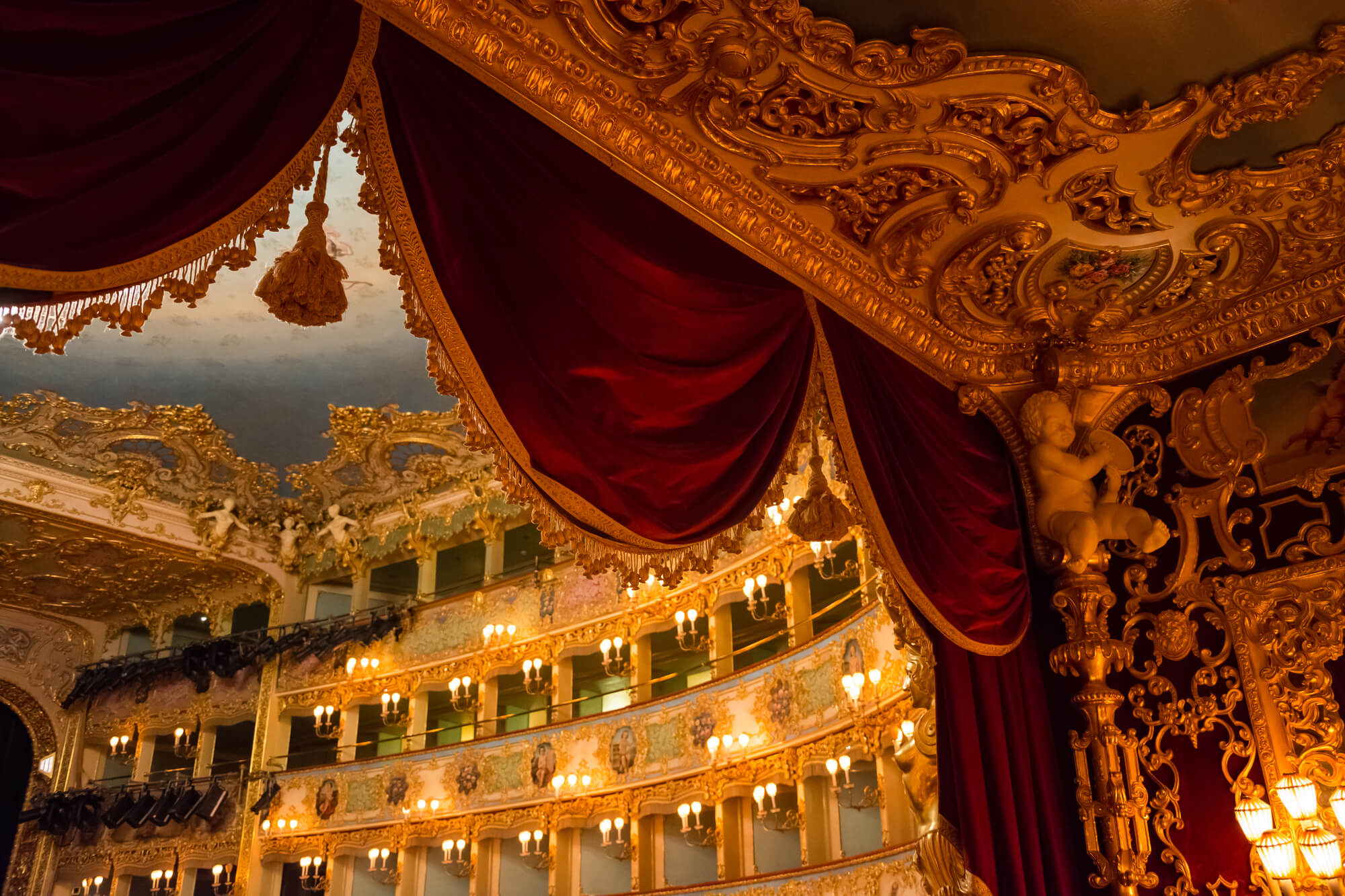
Fragment of the decoration of the Royal Lodge and part of the theater in La Fenice. Interior of La Fenice Theatre. Venice, Italy
The city has a strong tradition of opera and choral music, and it has also been a major center for the production of instruments, particularly string instruments.
Venice was home to many influential composers and musicians during the Baroque period, including Antonio Vivaldi, who was born in the city and spent much of his career there. Vivaldi is best known for his instrumental concertos, including the Four Seasons, and his operas, which were popular throughout Europe.
In the 19th and 20th centuries, Venice continued to be an important center for classical music, with the city hosting a number of music festivals and hosting performances by major orchestras and soloists. Today, the city is home to a number of cultural institutions, including the Venice Biennale, which hosts a number of music events each year, and the Teatro La Fenice, which is one of the most prestigious opera houses in the world.
Amsterdam, Netherlands
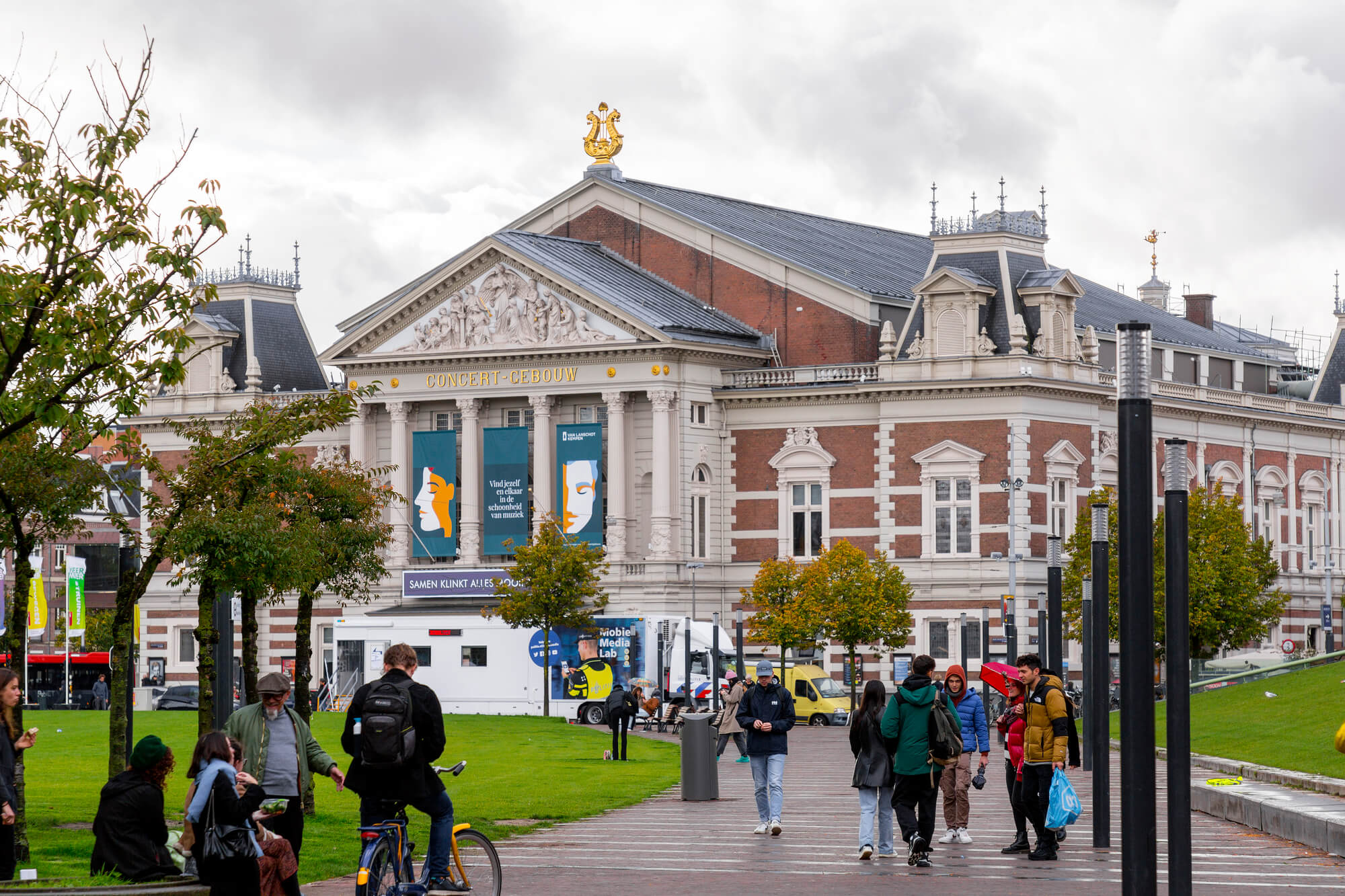
Amsterdam, NL – OCT 12, 2021: The Royal Concertgebouw is a concert hall in Amsterdam, Netherlands. The Dutch term concertgebouw translates into English as concert building.
Amsterdam is home to a diverse music scene and is known for its live music clubs and venues, such as the Paradiso and the Melkweg. It is also home to many world-renowned music festivals, such as the Amsterdam Dance Event and the Amsterdam Music Festival.
Amsterdam has a rich and diverse history of music, with a variety of genres and styles having emerged and flourished in the city over the years.
One of the most notable musical traditions in Amsterdam is that of classical music. The city has a long tradition of classical music performance and is home to several renowned classical music institutions, such as the Royal Concert, the Royal Concert, and the Amsterdam Symphony Orchestra. These organizations have contributed to the development and promotion of classical music in Amsterdam and have attracted some of the world’s most talented classical musicians to the city.
In addition to classical music, Amsterdam has also been home to a vibrant jazz scene, with many jazz clubs and festivals taking place in the city. Jazz has a long history in Amsterdam, with the genre first gaining popularity in the city in the 1920s and 1930s. In the post-war period, Amsterdam became a hub for jazz musicians, with many notable musicians, such as Bireli Lagrene and Toots Thielemans, performing in the city.
Amsterdam has also been an important center for electronic music, with the city hosting numerous electronic music festivals and clubs. In the 1990s and 2000s, Amsterdam was home to a thriving techno scene, with many internationally renowned DJs and producers emerging from the city.
Other popular music genres in Amsterdam include rock, pop, and hip hop, with the city hosting numerous concerts and festivals featuring these styles. Amsterdam has also been home to a thriving indie music scene, with many local bands and musicians gaining national and international recognition.
Vienna, Austria
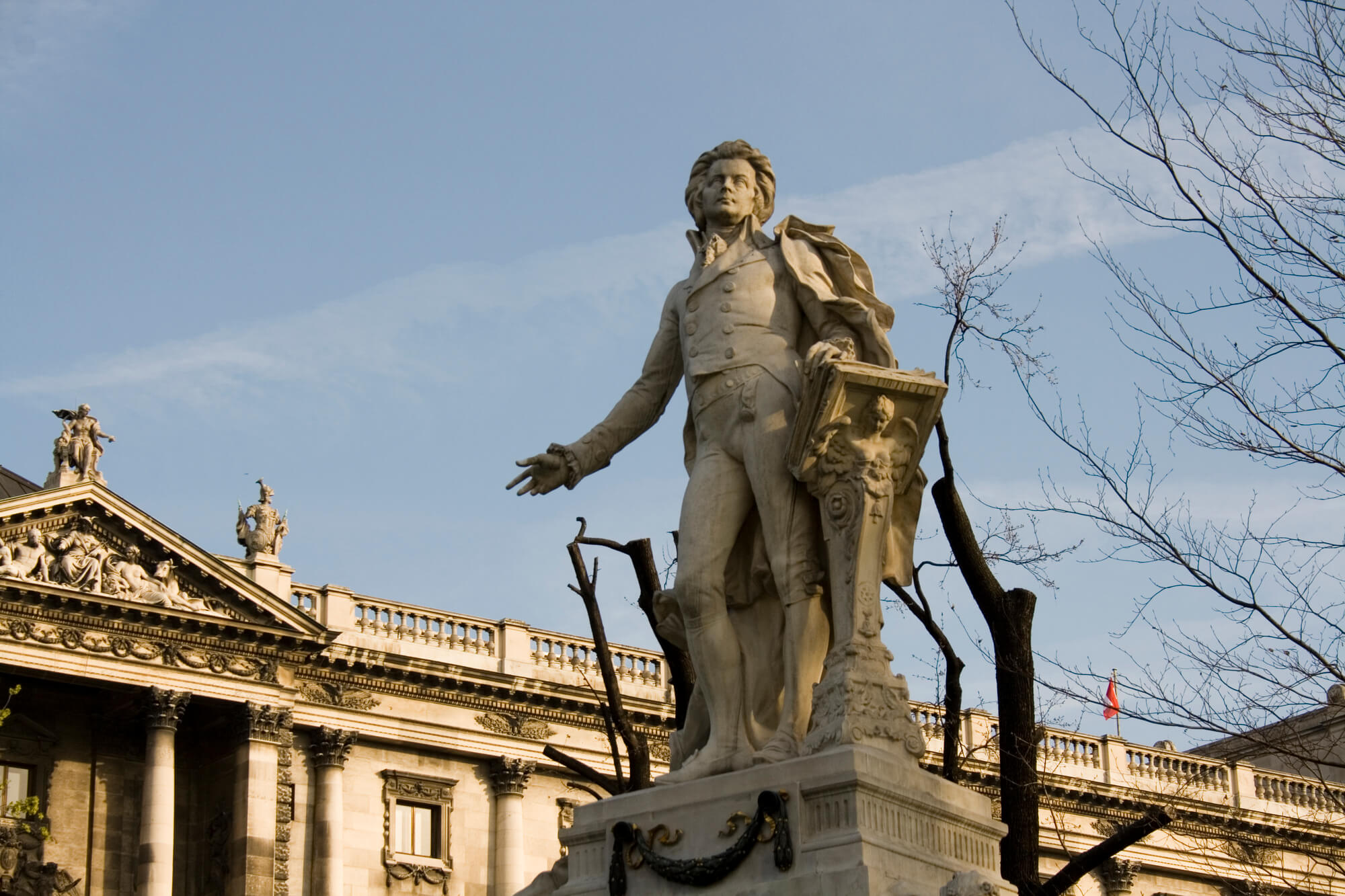
Vienna has a long and rich history of music, dating back to the medieval period. The city has been home to many famous composers, including Wolfgang Amadeus Mozart, Ludwig van Beethoven, Franz Schubert, Johann Strauss II, and Gustav Mahler, among others.
During the 18th and 19th centuries, Vienna was at the center of the classical music tradition and was home to many of the most important composers and musicians of the time. The city was also home to a number of important musical institutions, such as the Vienna Philharmonic Orchestra and the Vienna State Opera.
In the 20th century, Vienna continued to be an important center for music, with a number of famous composers and musicians, such as Arnold Schoenberg and Alban Berg, working and living in the city. Today, Vienna is still home to a thriving music scene, with many classical and modern music performances taking place in the city’s concert halls, opera houses, and other venues.
Munich, Germany
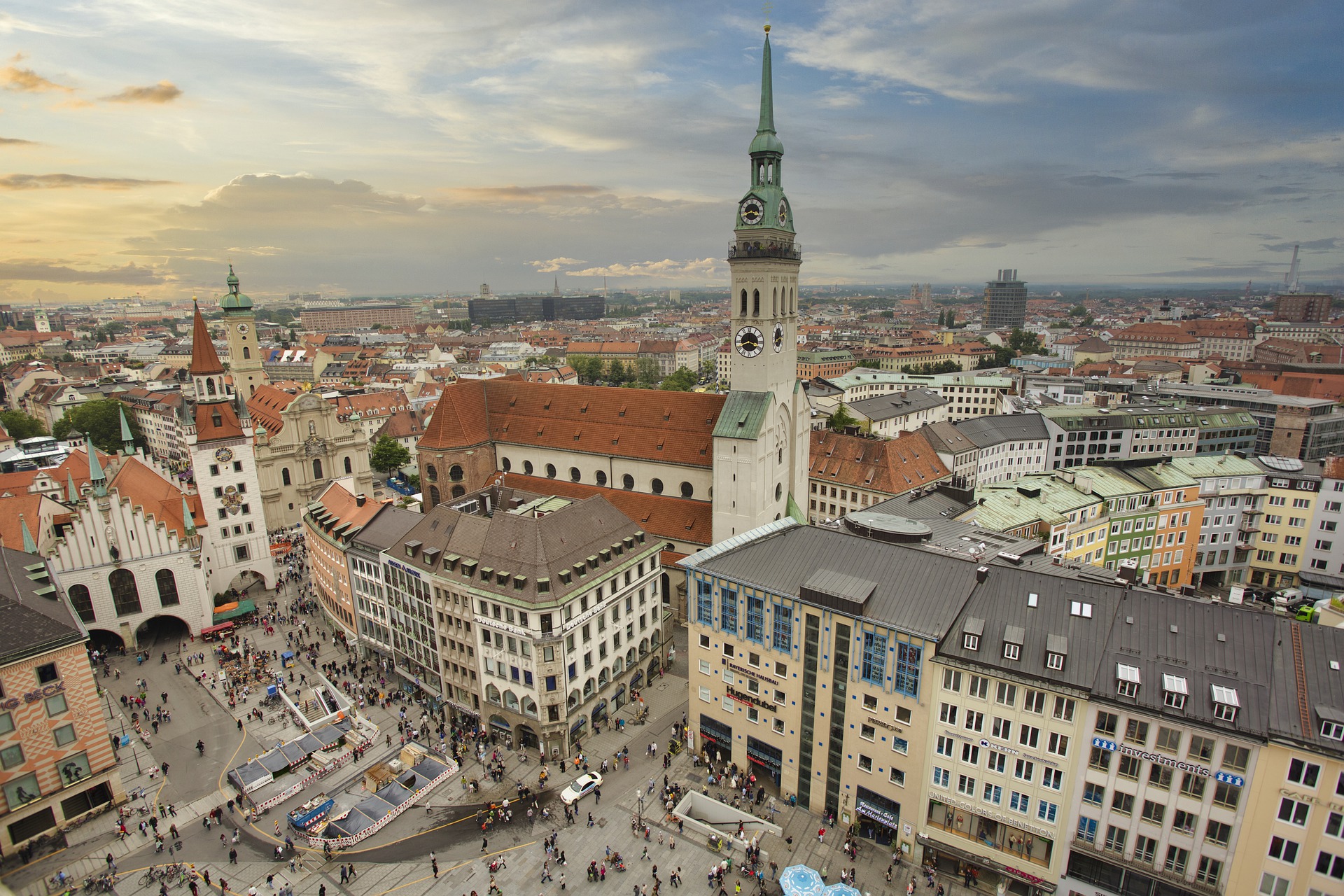
Munich is the capital and largest city of the state of Bavaria in Germany. It has a rich history and cultural tradition in music, with a wide range of styles and genres represented.
Classical music has a long and influential history in Munich, with many notable composers and musicians having lived and worked in the city. The Munich Symphony Orchestra, one of the city’s leading classical music ensembles, was founded in 1893 and has a long tradition of performing works by classical composers such as Beethoven, Mozart, and Bach. Munich is also home to the Bavarian State Opera, which is one of the leading opera houses in Germany and has a history dating back to the 17th century.
In addition to classical music, Munich has a thriving contemporary music scene, with many popular bands and musicians hailing from the city. The Munich music scene includes a range of genres, including rock, pop, hip hop, and electronic music. Some notable musicians and bands from Munich include Kraftwerk, Scorpions, and Rammstein.
Munich is also home to a number of music festivals and events, including the Munich Film Festival, which features live music performances, and the Munich Pop Festival, which showcases emerging talent in the pop and rock music genres. The city is also home to the Munich High End, an annual event that showcases the latest in audio technology and high-quality music recordings.
Prague, Czech Republic
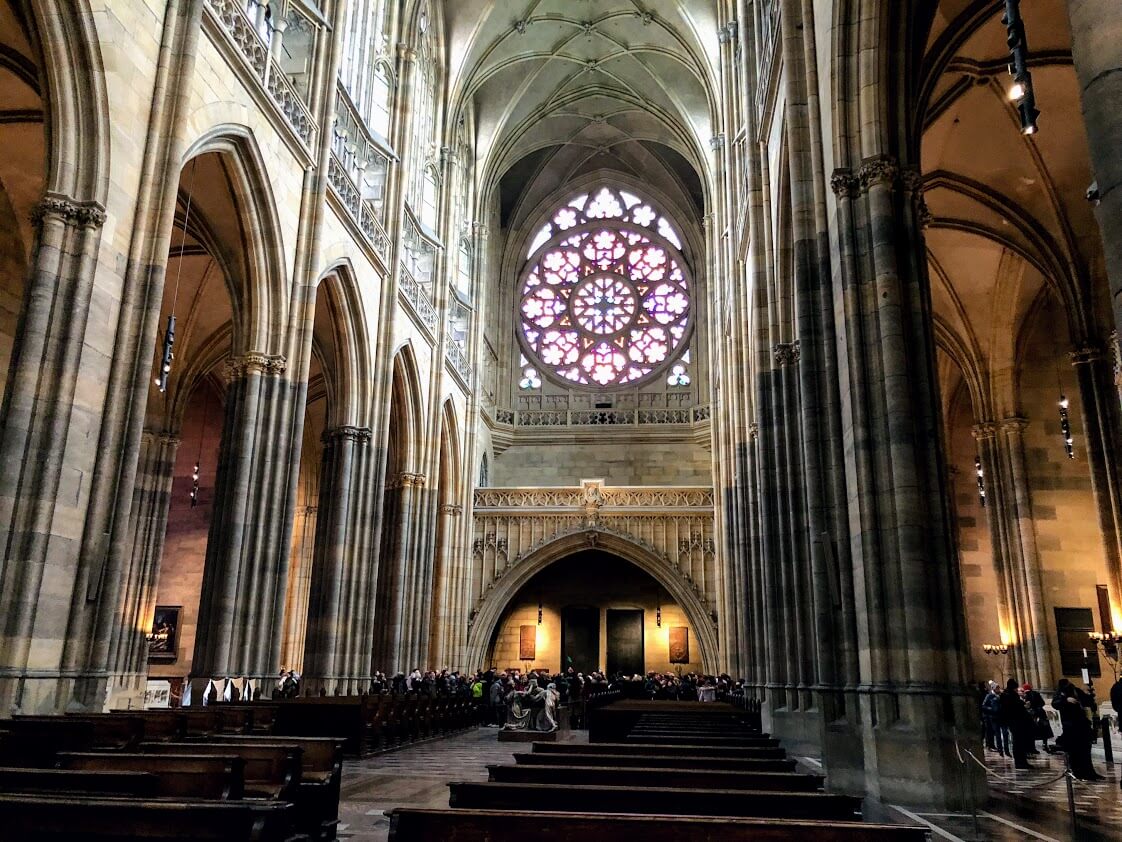
Classical music has played a particularly important role in Prague’s musical history. The city is home to the Czech Philharmonic Orchestra, one of the world’s most renowned classical music ensembles, and has a long tradition of opera, with the National Theatre and State Opera being two of the city’s most iconic performance venues. The city also has a number of smaller concert halls and music clubs, which host a variety of classical music performances, including chamber music, solo recitals, and symphonic concerts.
In addition to classical music, Prague has a vibrant popular music scene, with a variety of genres represented, including rock, pop, and electronic music. The city has a number of clubs and concert venues that host live music performances, and there are also a number of music festivals that take place throughout the year, including the Prague Spring International Music Festival and the United Islands of Prague Festival.
Prague is also home to a number of music schools and universities, which offer a wide range of music education programs, including classical and contemporary music. These institutions have produced many talented musicians who have gone on to achieve international acclaim, and the city has a strong tradition of musical education and training.
Overall, music has played a central role in the cultural life of Prague, and the city has a rich and diverse musical heritage that continues to thrive today.
For more than a thousand years, Europe has been central in the developments of numerous Western musical trends and styles. These are only a few of the cities that have contributed to the long musical traditions of Europe!

